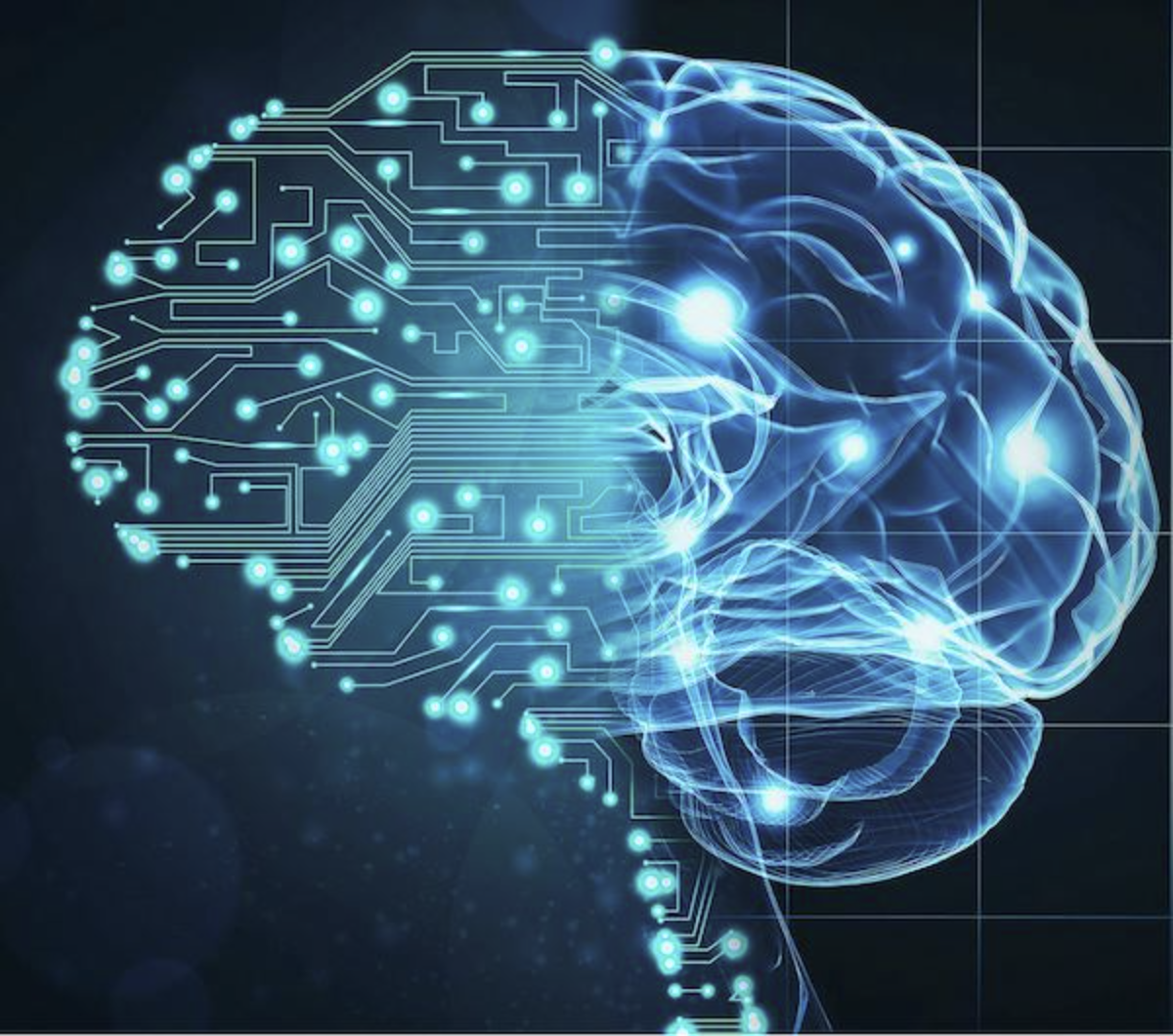
What is AI in Health Information Management?
Artificial Intelligence (AI) has made huge strides in recent years, especially in the healthcare industry. One area where AI is having a big impact is in the diagnosis and detection of diseases using Electronic Health Records (EHRs). The use of AI in healthcare has grown rapidly, offering innovative ways to manage and interpret medical data, improving overall care.
AI and Electronic Health Records
Electronic Health Records are digital versions of a patient’s medical history, maintained by healthcare providers. These records include important information like patient demographics, diagnostic images, lab results, and clinical notes. AI algorithms can be trained to analyze this data, identify patterns, and even predict possible diagnoses and treatments.
One major advantage of using AI in healthcare is its ability to process vast amounts of data quickly and accurately, far beyond the capacity of human doctors. This helps improve the speed and accuracy of diagnoses, reduces the chances of misdiagnosis, and allows for the early detection of diseases.
For example, AI is already being used to analyze medical images like x-rays and MRIs. AI algorithms can identify subtle features in these images that might be hard for the human eye to detect, leading to faster and more precise diagnoses.
Additionally, AI is used to analyze large sets of patient data to identify patterns and correlations that help with diagnosing diseases more accurately. This can lead to early diagnoses and better medical records management.
AI can also be used to develop personalized treatment plans for patients. By analyzing a patient’s medical history and current health, AI algorithms can suggest the best treatment options tailored to the individual’s needs.
With AI, healthcare providers can make more informed decisions by analyzing patient data to create more accurate diagnoses and treatment plans.
AI in Decision-Making for EHRs
AI can significantly improve decision-making by identifying hidden patterns and relationships in patient data. For example, AI algorithms can analyze patient information to identify risk factors for certain diseases, enabling earlier diagnosis and quicker treatment. It can also help identify patients who are at high risk for readmission or complications, allowing healthcare providers to take preventive steps.
AI in Healthcare
AI is also helping healthcare providers improve the accuracy of diagnoses and treatments. By analyzing large amounts of patient data, AI can pinpoint the most effective treatments for specific patient populations. Machine learning allows AI to recommend treatments based on an individual’s medical history and symptoms, improving the precision of care.
However, the effectiveness of AI in healthcare depends heavily on having accurate and up-to-date patient data. For AI to work properly, it requires access to large volumes of high-quality data, and this data must be regularly updated. Additionally, the algorithms powering AI must be validated to ensure they are reliable. This involves significant investment in both data and technology, and healthcare providers need to collaborate with technology companies and experts to make sure AI is being used correctly and effectively.
Challenges of AI in Decision-Making for EHRs
Privacy and security are key concerns when using AI to analyze patient data. Since AI requires large amounts of sensitive information, there is a risk of data breaches or misuse. It’s essential that healthcare providers implement robust security measures, such as encrypted data storage and strict access controls, to protect patient information.
It’s also important to remember that AI is not intended to replace doctors but to assist them. AI algorithms are only as good as the data they are trained on, so the accuracy of that data is crucial. These algorithms must also be tested in clinical settings to ensure their safety and accuracy.
Conclusion
The use of AI in diagnosing and detecting diseases through Electronic Health Records is an exciting advancement in healthcare. AI has the potential to significantly improve healthcare outcomes by enhancing the speed and accuracy of diagnoses and enabling personalized treatment plans. By analyzing vast amounts of data, AI helps healthcare providers make better-informed decisions, improving patient care and reducing healthcare costs. However, it’s important to ensure that AI is used responsibly, with validated algorithms, to guarantee safety and reliability. While there are challenges in implementing AI in decision-making for EHRs, healthcare providers must work closely with technology experts to ensure its effectiveness and appropriateness. AI has the potential to revolutionize healthcare, and its responsible use can lead to improved patient outcomes and more efficient care.













